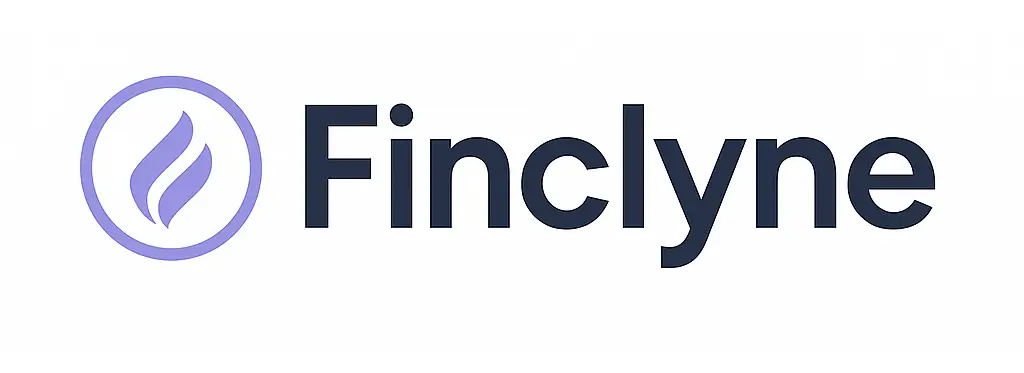## Recession Reality Check: What a Downturn Could Mean for You
The word “recession” gets thrown around a lot, often sparking anxiety and uncertainty, especially among young people just starting their financial journeys. While no one has a crystal ball, understanding the potential impact of an economic downturn can empower you to navigate the challenges and even find opportunities. So, what should you *really* expect if the US economy dips into a recession?
Recessions are typically marked by a decline in economic activity, often measured by shrinking Gross Domestic Product (GDP) for two consecutive quarters. This slowdown usually translates into several tangible effects. Job markets tend to tighten, making it harder to land that dream gig or internship. Companies might freeze hiring or even resort to layoffs, increasing competition for available positions. For those already employed, salary growth could stagnate or even reverse in some sectors. This means your earning potential might not rise as quickly as you’d hoped, making budgeting and financial planning even more crucial.
Beyond employment, a recession can impact your investments and spending power. The stock market often reacts negatively to economic slowdowns, which could affect the value of any investments you hold, including retirement accounts or personal portfolios. Inflation, while sometimes cooling off during a recession, can still erode your purchasing power, making everyday essentials more expensive. This is where smart budgeting and prioritizing needs over wants become your financial superpowers. Think cutting back on subscription services, exploring affordable entertainment options, and becoming a savvy comparison shopper.
However, it’s not all doom and gloom. Recessions can also present opportunities for savvy young people. Downturns can be a good time to invest in education and skills development. Think online courses, vocational training, or even pursuing a higher degree. Upskilling yourself can make you a more attractive candidate in a competitive job market and position you for greater success when the economy rebounds. Furthermore, recessions often lead to lower interest rates, which can create favorable conditions for borrowing, such as student loans or mortgages (though always borrow responsibly!). Finally, entrepreneurial spirits might find this a fertile ground for innovative ideas, as market gaps emerge and consumer needs evolve.
Navigating a recession requires a proactive and informed approach. By understanding the potential impacts and preparing accordingly, you can not only weather the storm but also potentially emerge stronger and more financially resilient. Stay informed, adapt your strategies, and remember that economic cycles are a natural part of the financial landscape.
* This blog post is intended for informational purposes only and does not constitute financial advice. Consult with a qualified financial advisor before making any investment decisions.*
**Keywords: Recession, Economy, Finance, Young Adults, Jobs, Investment, Budgeting, Opportunities, Education, Skills Development**





